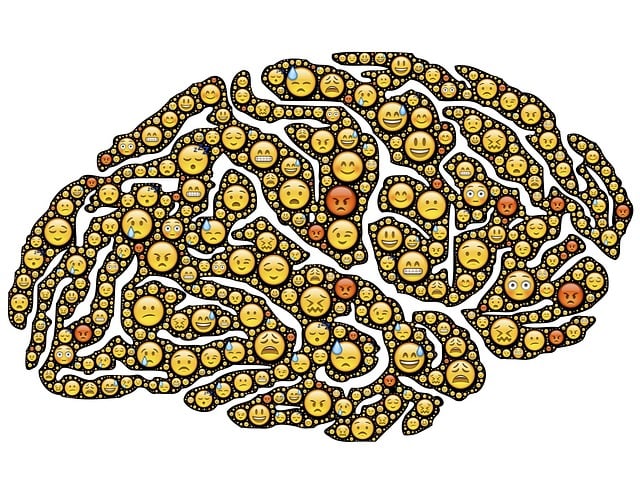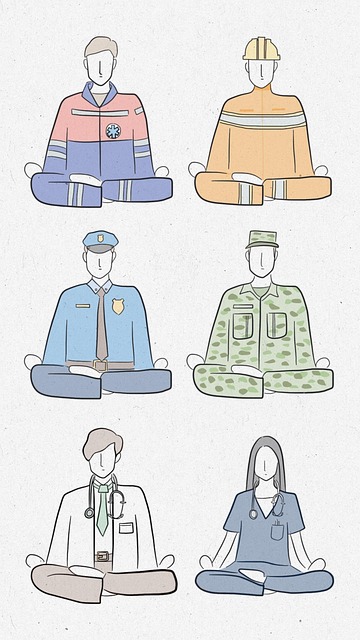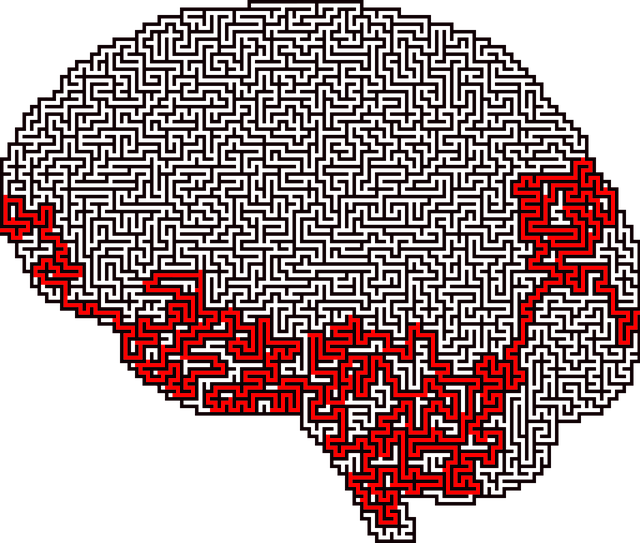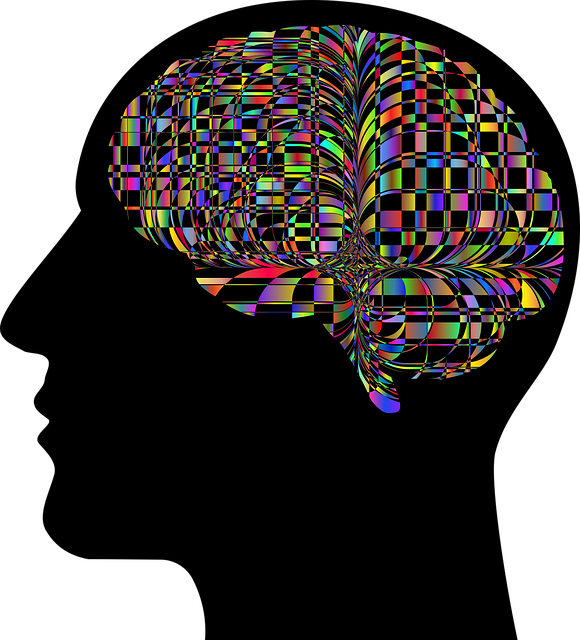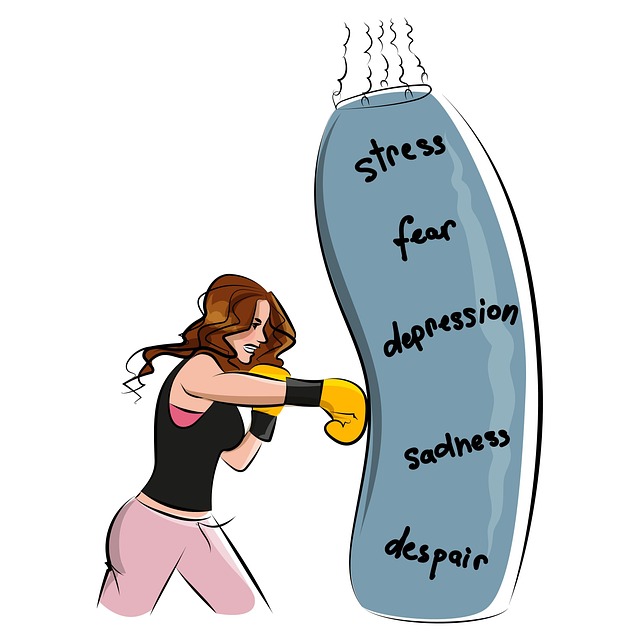TL;DR:
Therapy for young adults with bipolar disorder emphasizes emotion regulation and mood management through integrated practices. Community outreach, mindfulness exercises like deep breathing and meditation, Cognitive Behavioral Therapy (CBT), and mental health awareness podcasts empower individuals to identify early mood shifts, challenge negative thoughts, and implement proactive coping strategies. Regular self-care routines, support groups, and toolkits enhance resilience, improve stress adaptation, and significantly elevate quality of life for those dealing with bipolar disorder.
Emotion regulation techniques are essential tools for young adults struggling with bipolar disorder, offering a powerful means to manage mood swings and stabilize their emotional landscape. This comprehensive guide explores effective strategies tailored specifically for this demographic, providing insights into understanding and managing intense emotions. From cognitive reappraisal to mindfulness practices, we delve into actionable techniques that can be integrated into daily routines, supporting long-term mental health and well-being in the context of bipolar disorder therapy for young adults.
- Understanding Emotion Regulation for Young Adults with Bipolar Disorder
- Effective Techniques to Manage and Stabilize Moods
- Integrating These Techniques into Daily Life and Long-term Support
Understanding Emotion Regulation for Young Adults with Bipolar Disorder

Understanding Emotion Regulation for Young Adults with Bipolar Disorder
Emotion regulation is a crucial aspect of therapy for young adults struggling with bipolar disorder. This mental health condition, characterized by extreme mood swings, can significantly impact an individual’s daily life and functioning. Through effective emotional regulation techniques, young adults with bipolar disorder can gain better control over their emotions, leading to improved overall well-being. Therapy for young adults bipolar disorder often involves teaching them how to identify and manage their emotional responses, which are essential skills in navigating the challenges of this illness.
Community outreach program implementation plays a vital role in supporting these individuals. These programs offer resources and platforms for sharing knowledge about emotional regulation strategies, fostering a sense of community and reducing feelings of isolation. By integrating these techniques into daily life, young adults with bipolar disorder can enhance their ability to cope with stress, anxiety relief, and mood stabilization, ultimately improving their quality of life.
Effective Techniques to Manage and Stabilize Moods

Managing and stabilizing moods is a crucial aspect of therapy for young adults with bipolar disorder. Effective techniques include mindfulness practices such as deep breathing exercises and meditation, which help individuals become more aware of their emotional triggers and responses. By cultivating present-moment awareness, young adults can learn to recognize early warning signs of mood shifts and implement coping strategies before escalation occurs.
Additionally, cognitive behavioral therapy (CBT) plays a significant role in risk management planning for mental health professionals. CBT helps individuals challenge negative thought patterns and replace them with more balanced perspectives. This process empowers young adults to develop personal strategies tailored to their unique experiences, fostering improved mental wellness. Mental health awareness initiatives, including the production of insightful podcasts, also contribute to building resilience by promoting open conversations about bipolar disorder and other mental health challenges.
Integrating These Techniques into Daily Life and Long-term Support

Integrating emotion regulation techniques into daily life is a crucial step for young adults navigating bipolar disorder. These strategies, often taught through therapy sessions, empower individuals to manage their emotions effectively. By incorporating practices like mindfulness meditation and positive thinking, they can foster emotional well-being promotion techniques that sustain stability between manic and depressive episodes. Regular self-care practices, such as exercise, journaling, or spending time in nature, further reinforce these skills.
Long-term support is essential for maintaining the progress made through emotion regulation therapy. This includes ongoing therapy sessions, support groups, and the development of a robust coping toolkit. By consistently applying these techniques, young adults with bipolar disorder can enhance their ability to adapt to stressful situations and maintain a sense of balance. This holistic approach not only helps in managing symptoms but also promotes overall resilience and enhances the quality of life.
Emotion regulation techniques offer a powerful tool in the therapy for young adults with bipolar disorder. By understanding the significance of mood stabilization, individuals can learn effective strategies to manage their emotions and lead more balanced lives. Integrating these evidence-based practices into daily routines provides long-term support, empowering folks to navigate their mental health journey with increased resilience and well-being.


